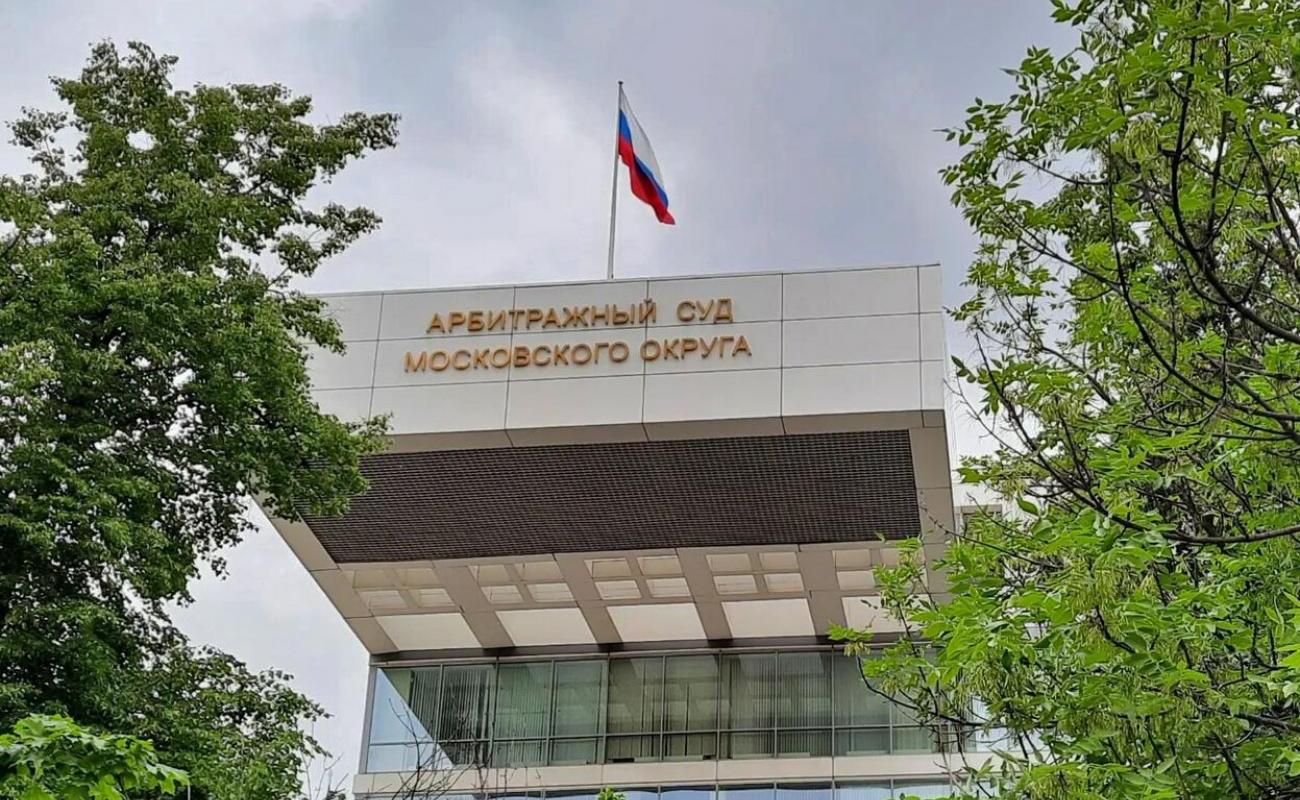Sanctions hit harder than bombs: Russian courts reveal systemic failure in weapons supply

Russian weapons supply failure confirmed by courts is at the center of an investigation by The Insider, which analyzed arbitration rulings involving nine defense contractors. The findings reveal that sanctions are not just symbolic—they are dismantling the Kremlin’s war machine from within.
Fake parts, failed deliveries, and smuggling schemes
In case after case, Russian manufacturers admitted they could not fulfill military contracts due to the unavailability of sanctioned components. A shipment of programmable chips from Azimut LLC to NTC Elins was rejected after the Chinese replacements failed to function with the Ministry of Defense’s software. In court, Elins declared the chips unusable, citing their incompatibility.
Zaslon JSC, tied to United Russia’s Andrei Turchak, claimed a batch of microchips delivered under contract showed signs of tampering. The company’s technical experts pointed to “numerous scratches” consistent with reballing – tampering the microchips for the reuse. The court agreed and dismissed the supplier’s claim.
Russian courts expose offshore arms trafficking routes
One lawsuit revealed that Northern Star LLC imported banned electronics via ARP Investment, a firm registered in the British Virgin Islands. The operation routed shipments from Chinese firms under European branding. The court documents directly confirmed that Northern Star was supplying these goods for Russia’s Ministry of Defense.
The choice of the BVI—a British Overseas Territory—made the scheme unusually risky. UK authorities have access to its corporate registry, which means the real beneficiaries of such supply chains can be easily identified.
Drone development stalls as local components fail
NaukaSoft was tasked with delivering a power supply for SES-7000-NS drones. The supplier couldn’t manufacture key connectors—once a Soviet strength—leading to court-ordered penalties. Without access to lighter imported equivalents, the company failed to meet even basic technical specifications.
Shipbuilding delayed by failed sonar delivery
The Amur Shipbuilding Plant sued the Priboy Plant after it failed to deliver the Zarya-2 sonar system. The system, essential to the corvettes Grozny and Bravy, relied on components banned under EU sanctions. Priboy admitted its suppliers could not fulfill the order, and its efforts to use “domestic” replacements failed when the Russian-made parts were found to contain foreign chips themselves.
